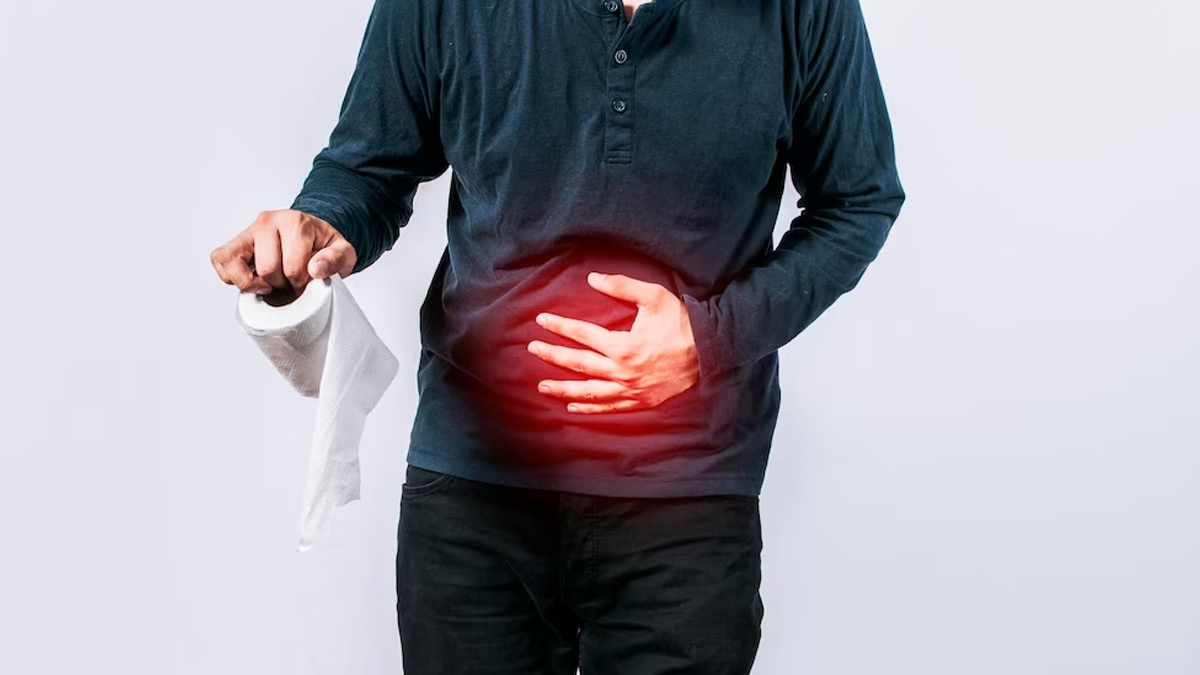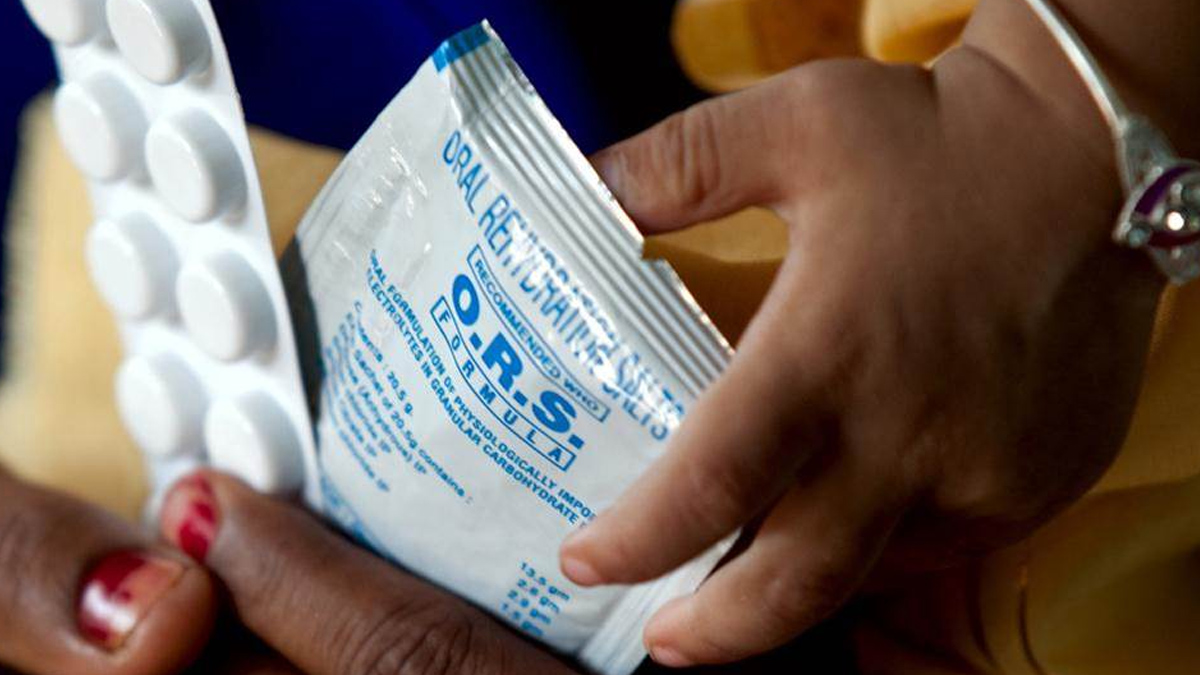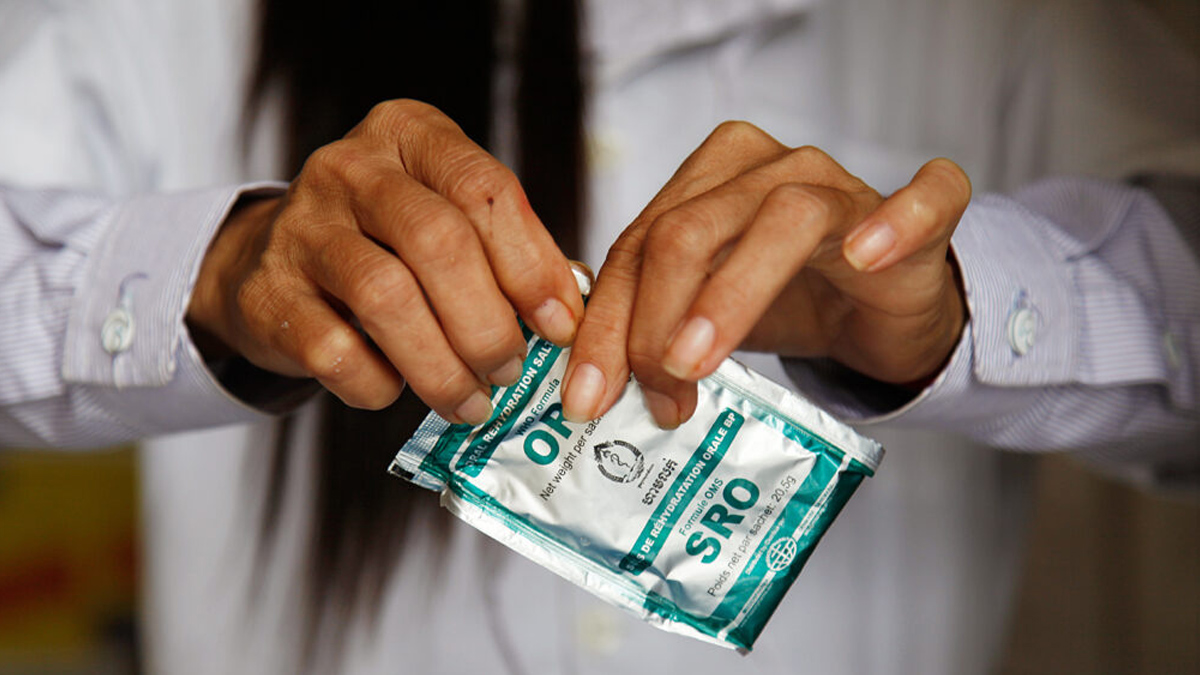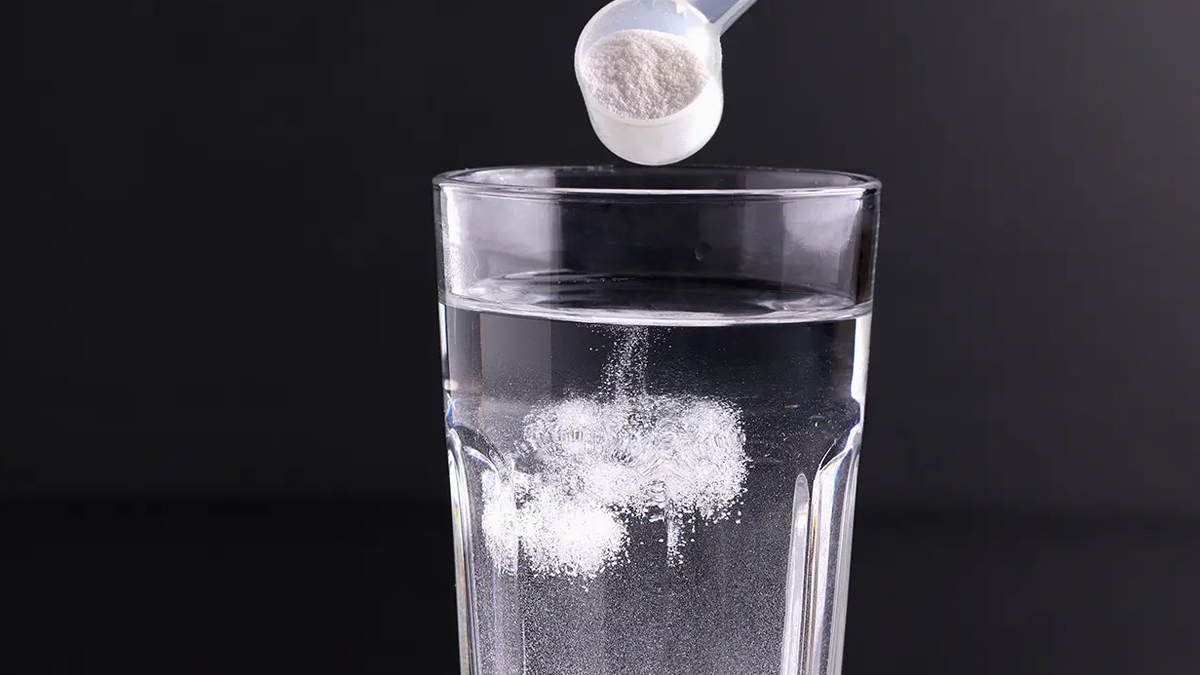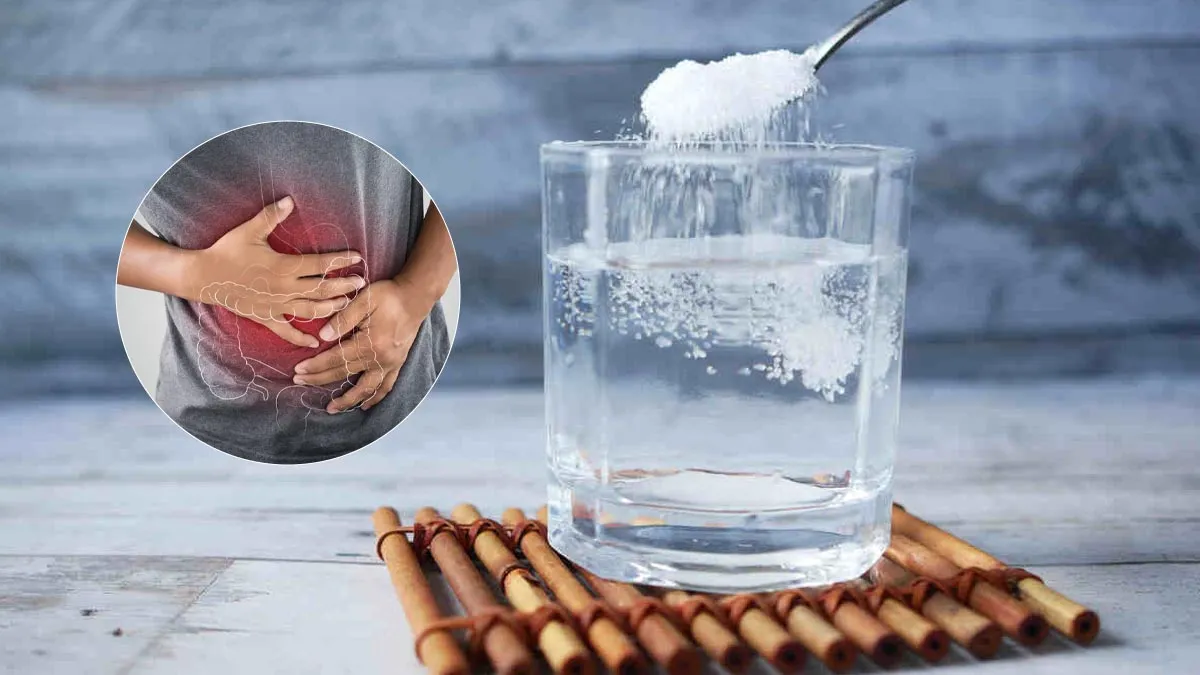
Almost everyone has faced a sudden, urgent trip to the bathroom. Diarrhoea is never pleasant, and it’s more than just an inconvenience. It can drain your body of fluids and vital salts fast. Anyone can get it, from toddlers and teens to adults and grandparents. But there’s one thing that can really help you bounce back: Oral Rehydration Solution, or ORS. Read ahead to know how diarrhoea works, why it’s dangerous, and how a simple glass of ORS could be the difference between recovery and real trouble.
Table of Content:-
What Actually Happens During Diarrhoea?
Diarrhoea is when your body passes loose or watery stools more often than usual. It can be caused by a lot of things, food poisoning, infections, a change in diet, or even stress. The real problem? Rapid loss of water and important body salts (electrolytes) every time you rush to the toilet. Dr Divya Mani, Speciality OB-GYN at Apollo Cradle and Children's Hospital, Bangalore-Electronic City, explains, “Diarrhoea is a common condition that affects people of all ages and can lead to dehydration. When a person suffers from diarrhoea, the body loses water and vital salts rapidly.” This can leave you feeling lightheaded, weak, tired, and in serious cases, dangerously dehydrated.
Dehydration Is The Real Danger
Dehydration sneaks up when your body loses more fluids than it takes in. This is especially risky for young children and older adults. Common signs of dehydration include:
- Dry mouth and tongue
- Sunken eyes
- Fewer trips to the bathroom or dark yellow urine
- Feeling dizzy or tired
- In children, less playfulness, dry tears, very little urine, and even limpness or lethargy.
“In children, symptoms such as dry mouth, sunken eyes, decreased urine output, lethargy, and, in extreme situations, shock, can develop rapidly,” Dr. Divya Mani says.
ALSO READ: Can Adding Salt to Watermelon Boost Your Hydration? Experts Weigh In
How ORS Helps Manage Dehydration in Diarrhoea?![ors in Diarrhoea 4 - 2025-07-28T145609.633]()
So, what do you do when diarrhoea strikes? The key is not to search for the fastest way to stop it, but to prevent dehydration in the first place. Enter ORS.
ORS isn’t medicine. It's a blend of sugar and essential salts (sodium, potassium, chloride, and citrate) mixed in clean water. This simple mix helps pull water back into your cells and blood, making your body rehydrate much faster than by drinking plain water. Dr Divya Mani notes, “The main treatment for mild to moderate dehydration still is Oral Rehydration Solution. ORS is not a medication to stop diarrhoea, but rather a temporary solution to restore the body's lost fluids.”
How to Prepare and Give ORS![ORS during Diarrhoea 3 - 2025-07-28T145608.199]()
Using ORS correctly is pretty straightforward, but you need to get the details right:
- Use only ORS sachets approved by health authorities; don’t try to make your own unless you know exactly how.
- Mix the entire ORS sachet into exactly one litre of clean, boiled, and cooled water.
- Always use a clean, sterilised container to mix and store the solution.
- Give small sips often, instead of one big gulp.
- For infants, offer 50–100 ml after each bout of diarrhoea.
- For older children, give 100–200 ml after every episode.
- Keep giving breast milk or regular foods alongside ORS (do not stop feeding).
- Throw away any leftover ORS after 24 hours and don’t save it for the next day.
Why ORS Really Matters![Diarrhoea ORS management 2 - 2025-07-28T145603.409]()
ORS is cheap, effective, and backed by decades of scientific research. It’s helped save millions of lives, especially among children in countries where diarrhoea can quickly turn deadly. “ORS is an affordable, scientific solution that significantly reduces the risk of dehydration-related complications,” says Dr Divya Mani.
But remember, while ORS is a game-changer for mild to moderate dehydration, it’s not a magic fix if someone is showing signs of severe dehydration, like constant vomiting, refusing to drink, extreme sleepiness, or signs of shock. In such cases, go to the doctor right away.
ALSO READ: Is a Clean Shave Really Better for Your Skin? Fantastic Four’s Pedro Pascal Thinks Otherwise
Conclusion
If you or your child gets diarrhoea, don’t panic. Start giving ORS early, offer it often, and watch for any trouble signs. ORS is easy to use and can make a huge difference. If things don't improve, or if you notice any signs of severe dehydration or sickness, see a healthcare professional as soon as possible.
Also watch this video
How we keep this article up to date:
We work with experts and keep a close eye on the latest in health and wellness. Whenever there is a new research or helpful information, we update our articles with accurate and useful advice.
Current Version
